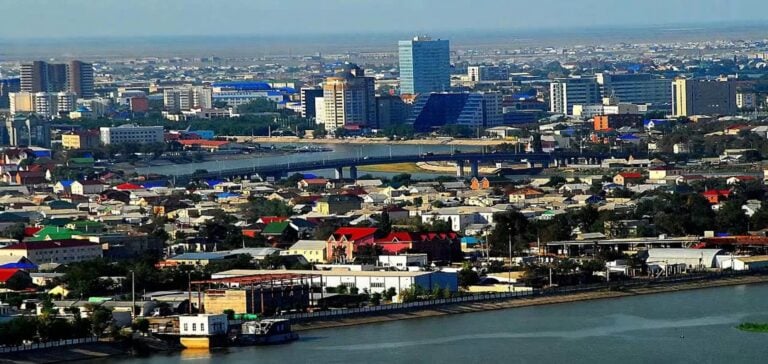The Nigerian National Petroleum Corporation Limited (NNPCL) has officially resumed operations at the Port Harcourt refinery, located in the strategic oil-rich Delta region in southeastern Nigeria. This reopening follows modernization efforts launched in 2021 after years of dysfunction caused by aging and vandalized infrastructure.
This renovation project, financed with $1.5 billion by the African Export-Import Bank (Afreximbank), was praised by President Bola Tinubu as a key milestone in strengthening the country’s energy independence. The refinery’s production capacity now reaches 210,000 barrels per day (bpd). This restart comes four years after NNPCL shut down its four national refineries, which were deemed unviable at the time.
An Economic and Strategic Challenge
The reopening of this refinery could significantly impact the local and national economy. According to Adewale Dosunmu, a petroleum engineering professor at the University of Port Harcourt, this relaunch will contribute to developing local technical expertise while ensuring a more consistent supply of petroleum products such as kerosene and diesel.
The by-products of refining will also create new opportunities for small businesses, fostering economic diversification. Furthermore, this initiative aligns with the Nigerian government’s efforts to reduce its dependence on fuel imports, an especially critical measure after fuel subsidies were eliminated in 2023, leading to soaring prices and public protests.
Prospects for the Energy Sector
NNPCL Managing Director Mele Kyari stated that efforts are underway to reactivate the second Port Harcourt refinery as well as the facilities in Warri and Kaduna. This initiative aims to reposition Nigeria as a leading refining hub in Africa.
Moreover, the restart of the Port Harcourt refinery follows the recent commissioning of the Dangote refinery, owned by billionaire Aliko Dangote. Together, these projects enhance Nigeria’s ability to meet its domestic energy needs while exploring potential export opportunities.
With growing energy demands and modernized infrastructure, Nigeria hopes to play a leading role in the regional oil market. However, the long-term success of these projects will depend on the authorities’ ability to maintain stable operations and address challenges related to infrastructure security.






















